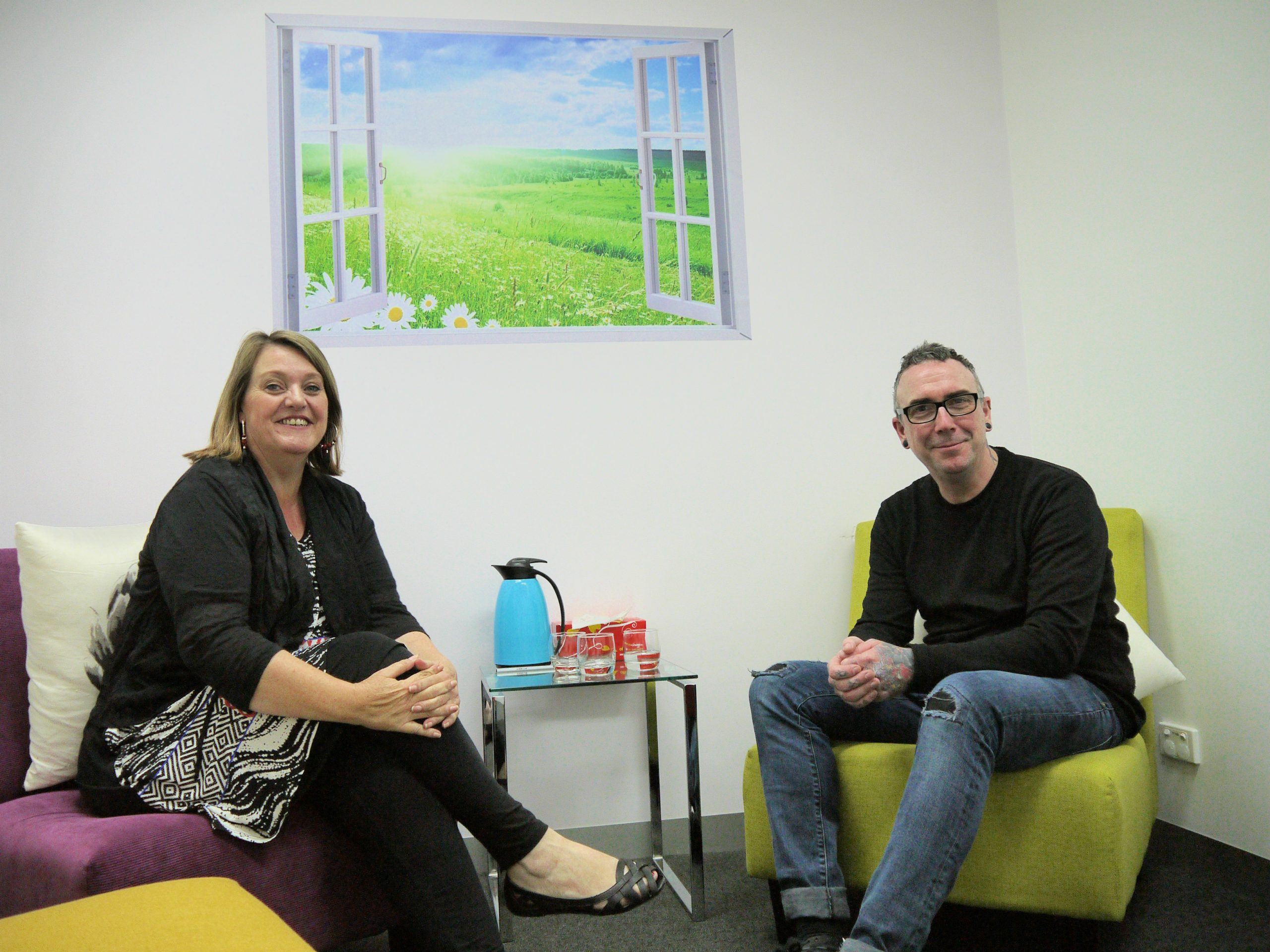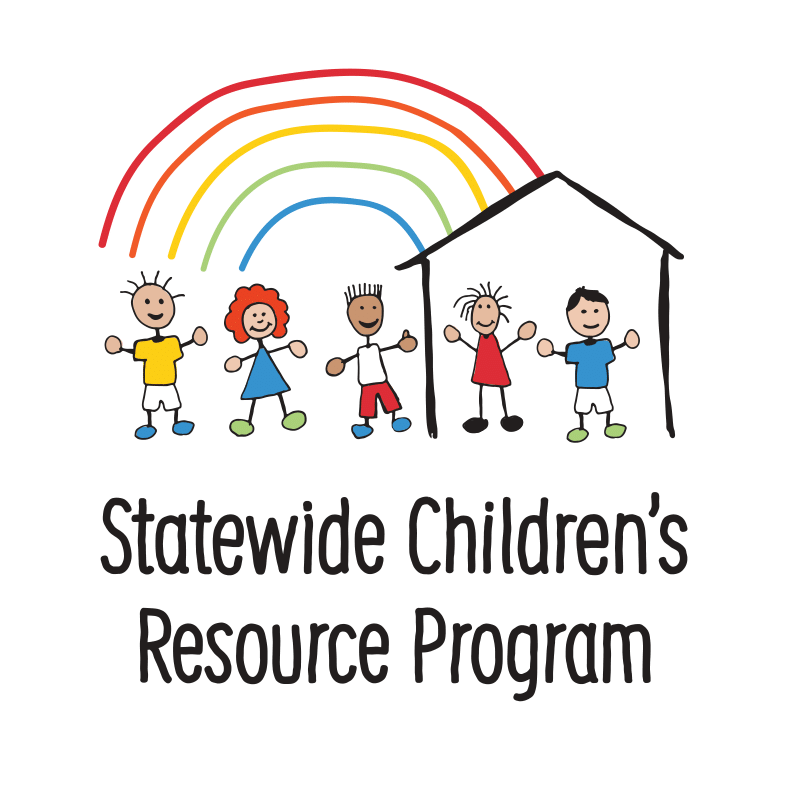Our staff were fortunate to have a presentation by Penington Institute Project Lead Crios O’Mahony about ice (crystal methamphetamine) use.
The Penington Institute is a not-for-profit organisation that takes a community safety and individual dignity approach to drugs through research and action. You can find out more about their work at penington.org.au
Here’s what Crois had to say after working with our staff:
What were the main things you shared with our staff?
Groups were given information on what ice (crystal methamphetamine) is, how it works, how it’s used, the risks and interactions, that kind of thing.
We also went through short and long term effects and withdrawal symptoms. We talked about the cycle of drug use from experimenting or recreational use through dependence, withdrawal and how you can help people think about their drug use and make changes.
What would you most like the wider community to know about ice?
The first thing is to not believe everything you see on TV. We know that there are many people who struggle massively with drugs like ice and other drugs, but this idea that everyone becomes addicted the first time they use is just nonsense.
The truth is bad enough. There are many people who are addicted to ice and they and their families really struggle.
Addiction is complicated and doesn’t happen straight away. It’s reckless to say it does because then the kid who uses it once and doesn’t become addicted thinks he or she is the one that can’t get addicted.
Then they use more and do get into serious trouble. That doesn’t mean that you can’t really mess up first time by smashing your car or ending up with psychosis in the emergency department. That could possibly happen first time.
It would be good to see the community working more closely with each other. The cop, the ambo, alcohol and other drug services and the schools, the banks, all using evidence-based approaches to address drug use. And not just ice.
Alcohol is still the biggest drug problem in Australia. Fifteen alcohol related illness deaths a day, one in eight emergency department presentations, the fights and car accidents. Ice is a problem but we have others.
We should look at all drugs when we’re trying to make safer communities and support people who are struggling. That way we don’t miss the bigger picture by fixating on one bit of it.
What can we do as a community to tackle unsafe drug use?
The start is to get better awareness of the facts. If I asked the average person in the street, who dies from drug overdose? Many would say young men in the inner cities on heroin.
While some of them do die it’s more likely to be people in their 40s, mainly on prescription drugs and often in the country. Be honest and realistic and use evidence. Stay away from exaggerated scare campaigns. They’re counterproductive and often make the problem worse because what they show are not most people’s experience of drug use.
That means they don’t believe them. The truth is scary enough.
Then the community should admit that we’re all, or many of us drug users. We like a beer or we smoke cigarettes and we see them as being different based on their legality rather than the harm they can cause.
As well as country-wide approaches, we should make local solutions for local problems. And make it a health issue.
One of the big problems is that when people do want to stop using drugs there are often not enough services to help them or the services are stretched so far they can’t take more people in. Write to your MP. Demand services for the area. Your vote counts to them so use it. Most of all, it’s work together.
What are the main myths you’d like to bust about ice use?
That everyone becomes addicted or that all ice users are monsters. They don’t all get addicted, saying they do just adds to the problem and risks people making bad decisions.
Another myth is that you’re the one that can handle it. Nothing is a problem until it becomes a problem. You start by using at the weekends to party and it’s all great. Then you start using on Mondays as well to get over the brutal comedown, then Wednesdays for the same reason. Fridays because it’s the weekend again and before you know it it’s every day.
Also saying that all ice users are monsters or really dangerous also causes problems. Some do get dangerous, there’s no doubt and especially if they’re maybe experiencing psychosis.
But this idea that all ice users are awful or dangerous only prevents them coming forward asking for help if they need it because they think they’ll be seen as monsters.
1800 ICE ADVICE (1800 423 238) is the Victorian Government’s helpline for people concerned about their own ice use, for families struggling to cope and health professionals looking for advice.




















